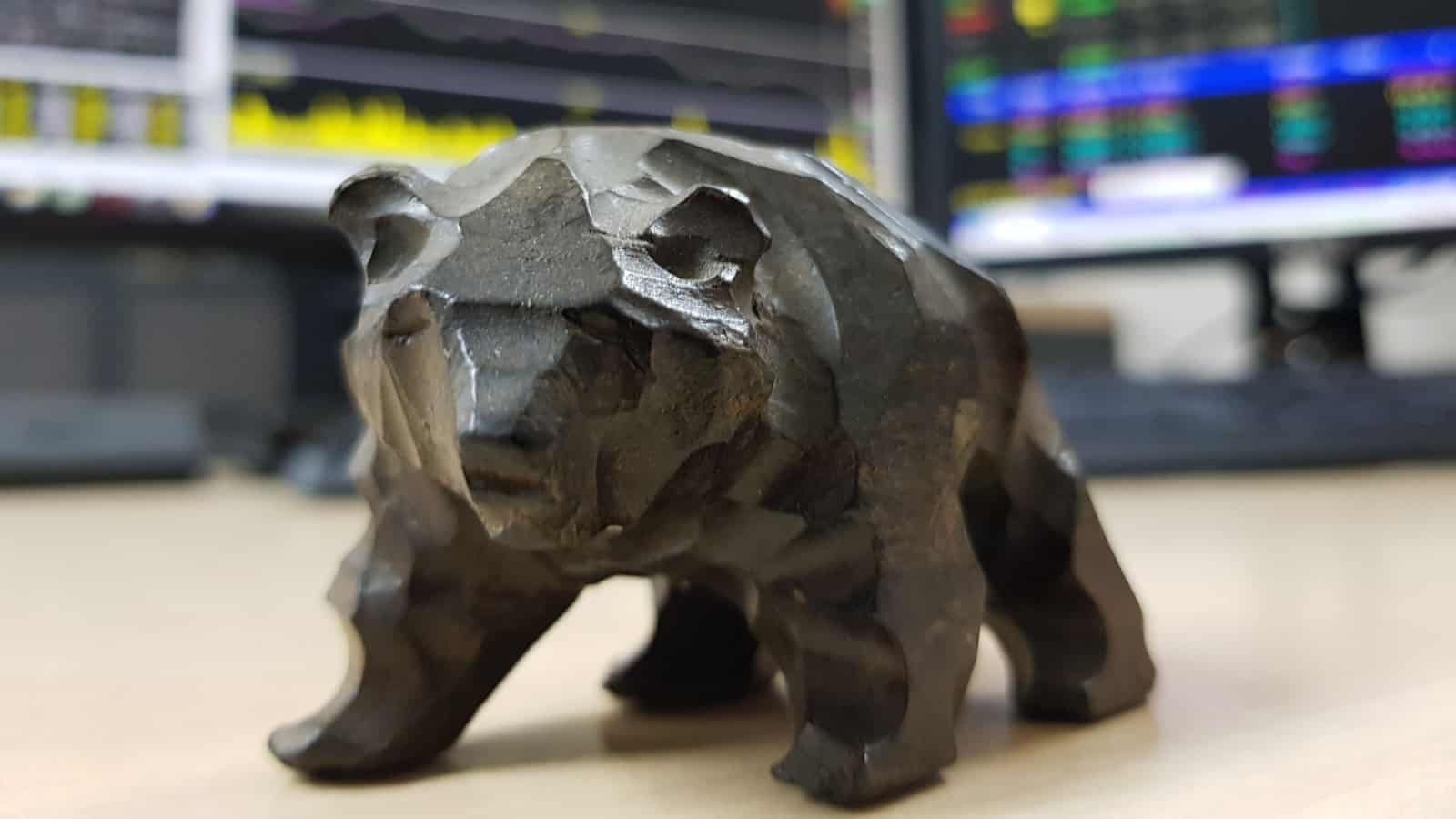I see stock market crashes as similar to severe storms. They’re unwanted, relatively rare, but also inevitable. Enduring the occasional market meltdown is just the price of admission to invest in it.
But I find being prepared helps a lot, as crashes can happen at any time and with great speed. After all, there’s a reason why investors say the market takes the staircase up and the elevator down!
I have no idea whether the fallout from the collapse of Silicon Valley Bank will trigger a crash. But here’s three things I’d do to prepare for the inevitable — whenever it arrives.
Should you invest £1,000 in Anglo American right now?
When investing expert Mark Rogers has a stock tip, it can pay to listen. After all, the flagship Motley Fool Share Advisor newsletter he has run for nearly a decade has provided thousands of paying members with top stock recommendations from the UK and US markets. And right now, Mark thinks there are 6 standout stocks that investors should consider buying. Want to see if Anglo American made the list?
#1: Understand why
Every bubble and subsequent crash has its own dynamic. The Dutch ‘tulip mania’ between 1636 and 1637 (when contract prices for certain newly introduced tulip bulbs reached ridiculous levels) was obviously very different from the US dotcom crash around the turn of the Millennium.
Likewise, the Global Financial Crisis from 2007 to 2009 obviously differed from the Covid-19 pandemic of 2020. Both caused market crashes, though the first was prolonged and the latter relatively brief.
It’s important to know what’s caused the crash. But it’s even more crucial I remember that the stock market has recovered from every single collapse in history.
#2: Stay invested
In 2008, the FTSE 100 tanked badly. Then it went up 22% the following year.
Ultimately nobody knows when the market will snap back, so it pays (literally) to stay invested.
According to data from Bloomberg, people who invested in the Footsie for any 10-year period between 1986 and 2019 had an 89% chance of making money. Amazingly, that period would have included the 1987 Black Monday crash, the dotcom bubble, and the Global Financial Crisis.
Conversely, one study found that between 1926 and 1990, investors who missed out on the US market’s top 7% of performing months would have netted a ZERO return over those 64 years!
Of course, those results are looking backwards. Nobody knows for sure what the future will bring. But they do highlight how much simpler a buy-and-hold approach can be than trying to time the market.
#3: Why do I own this stock?
When the market crashes, it’s essential that I know why I own a stock.
If the only reason I hold it is because I think it can make me rich overnight, then I’ll probably be more inclined to sell it if it plummets by 90%. And probably at a far lower price than I paid for it.
However, it’s a totally different story if I know that the stock I own represents a small part of a real business that I’m very familiar with.
For example, I’ve owned shares of taser maker Axon Enterprise for many years now. It’s grown to become one of my top holdings.
When the pandemic struck, Axon stock dropped 30% in one month. Yet to me this wasn’t a business that was suddenly worth 30% less. So I added to my holding, even though there was every chance it had further to fall.
The reason I did so was because I know the business and why I own the stock. When that’s the case, the only thing left to do during a crash is to stay calm and take advantage.







